What Teachers Should Know About OCD
The anxiety behind a child's rituals
Clinical Experts: Jerry Bubrick, PhD , Alnardo Martinez, LMHC
en EspañolKids spend nearly a thousand hours per year in school, which means that teachers are often spending more time with kids than parents are. With all this time spent together, it’s especially important for teachers to be clued in to how to help a child with OCD function better. Understanding the anxiety behind OCD is an important first step.
The basics
OCD is an anxiety disorder, and kids who have it struggle with either obsessions or compulsions or both.
- Obsessions are unwanted and intrusive thoughts, images or impulses. Obsessions make kids feel anxious.
- Compulsions are things kids are driven to do to get rid of anxiety.
Teachers might notice these behaviors and find them confusing.
We use the analogy of a mosquito bite. When you get bitten by a mosquito, it itches, so to make it feel better you scratch, and while you’re scratching it feels great, but as soon as you stop scratching, the itching gets worse. That’s exactly how OCD plays out. You’re feeling anxious so you do something to fix it temporarily, but that ritual makes it worse over time.
Kinds of obsessions
Contamination: Kids with this obsession are sometimes called “germophobes.” In schools, this plays out with kids worrying about other kids sneezing and coughing, worrying about touching things that might be dirty, or getting sick in many different ways. This is the most common obsession we see in children.
Magical Thinking: This is a kind of superstition, like “step on a crack, break your mother’s back,” taken to extremes. For example, kids might worry that their thoughts can cause someone to get hurt, or get sick. A child might think, “Unless my things are lined up in a certain way, mom will get in a car accident.”
Catastrophizing: Some kids easily jump to the conclusion that something terrible has happened. For example, if her parents are five minutes late to picking her up, a girl who is catastrophizing might tell herself that they’ve decided to abandon her.
Scrupulosity: This is when kids have obsessive worries about offending God or being blasphemous in some way.
What Ifs: Kids may be plagued by a lot of different kinds of thoughts about bad things they could do. “What if I hurt someone? What if I stab someone? What if I kill someone?”
The “Just Right” Feeling: Some kids feel they need to keep doing something until they get what we call the “right feeling.” When OCD first develops, from about ages 6-9, kids may not know why they are doing something, but just that they need to do it until they get the right feeling. So: “I’ll line these things up until it just kind of feels right, and then I’ll stop.” And then over time — in the 9-12 range — it evolves into magical thinking and becomes more superstitious in nature.

Was this article helpful?
Related Reading
-
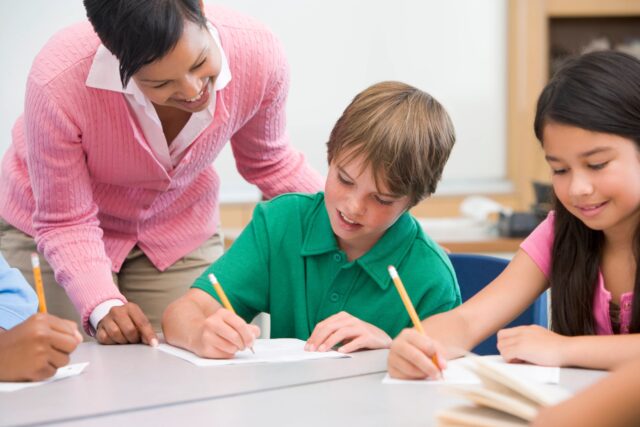 How Teachers Can Help Kids With OCD
What you can do to help a struggling child with OCD in the classroom
How Teachers Can Help Kids With OCD
What you can do to help a struggling child with OCD in the classroom
-
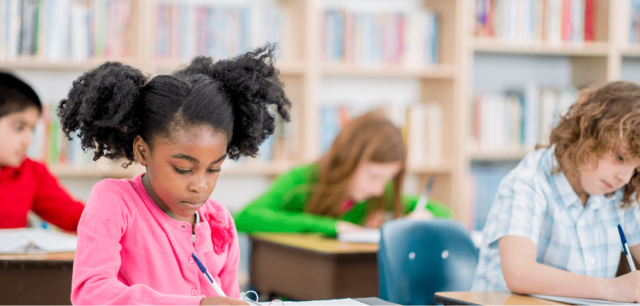 What Does OCD Look Like in the Classroom?
How to recognize the signs a child is struggling, even if he is hiding his…
What Does OCD Look Like in the Classroom?
How to recognize the signs a child is struggling, even if he is hiding his…
-
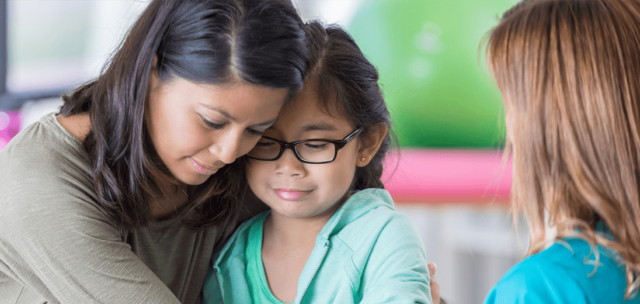 The Parents’ Role in OCD Treatment
Teaching families how to help kids fight back
The Parents’ Role in OCD Treatment
Teaching families how to help kids fight back
-
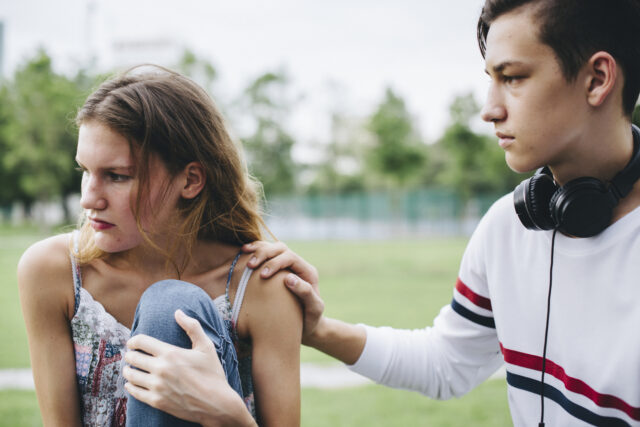 What Is Relationship OCD (R-OCD)?
How this kind of anxiety can make romantic relationships difficult for teens
What Is Relationship OCD (R-OCD)?
How this kind of anxiety can make romantic relationships difficult for teens
-
 When OCD Triggers Suicidal Thoughts
How a form of OCD can be mistaken for being suicidal
When OCD Triggers Suicidal Thoughts
How a form of OCD can be mistaken for being suicidal
-
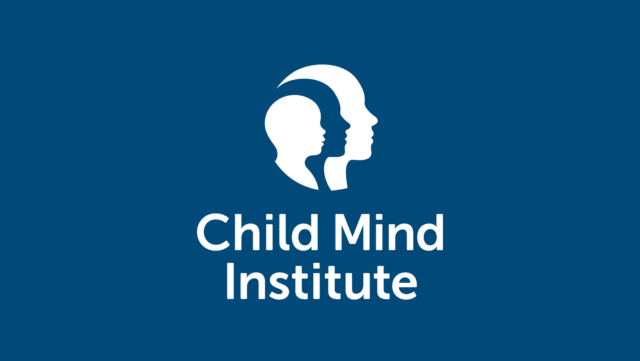 Understanding Religious OCD
When the motivation is anxiety, not faith
Understanding Religious OCD
When the motivation is anxiety, not faith
-
 My 9-year-old son is constantly confessing thoughts, or things he has done, that he thinks are bad. How can we help him?
Behavioral therapy gives kids tools to disarm obsessive thoughts that are interfering with their lives.
My 9-year-old son is constantly confessing thoughts, or things he has done, that he thinks are bad. How can we help him?
Behavioral therapy gives kids tools to disarm obsessive thoughts that are interfering with their lives.
-
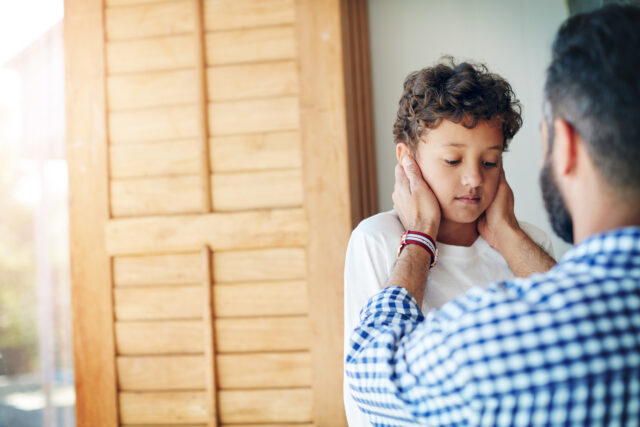 Complete Guide to OCD
Children with OCD have intrusive thoughts and worries that make them extremely anxious, and they…
Complete Guide to OCD
Children with OCD have intrusive thoughts and worries that make them extremely anxious, and they…
-
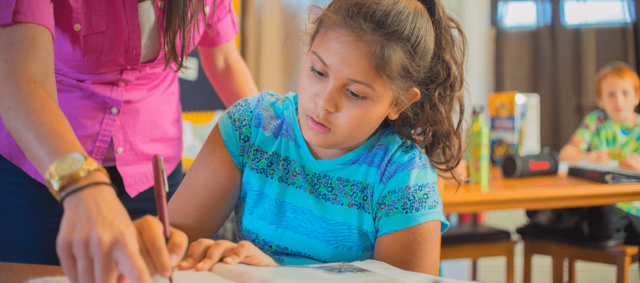 Twice-Exceptional Kids: Both Gifted and Challenged
2e kids, as they’re called, have a unique set of issues that need addressing
Twice-Exceptional Kids: Both Gifted and Challenged
2e kids, as they’re called, have a unique set of issues that need addressing
-
 OCD Test for Kids and Teens
Our free Symptom Checker can help you determine if your child might have OCD
OCD Test for Kids and Teens
Our free Symptom Checker can help you determine if your child might have OCD
-
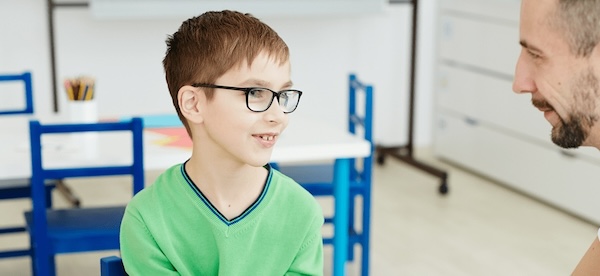 What Is a Behavior Intervention Plan?
A BIP is a plan to help children whose problem behavior in school is affecting…
What Is a Behavior Intervention Plan?
A BIP is a plan to help children whose problem behavior in school is affecting…
